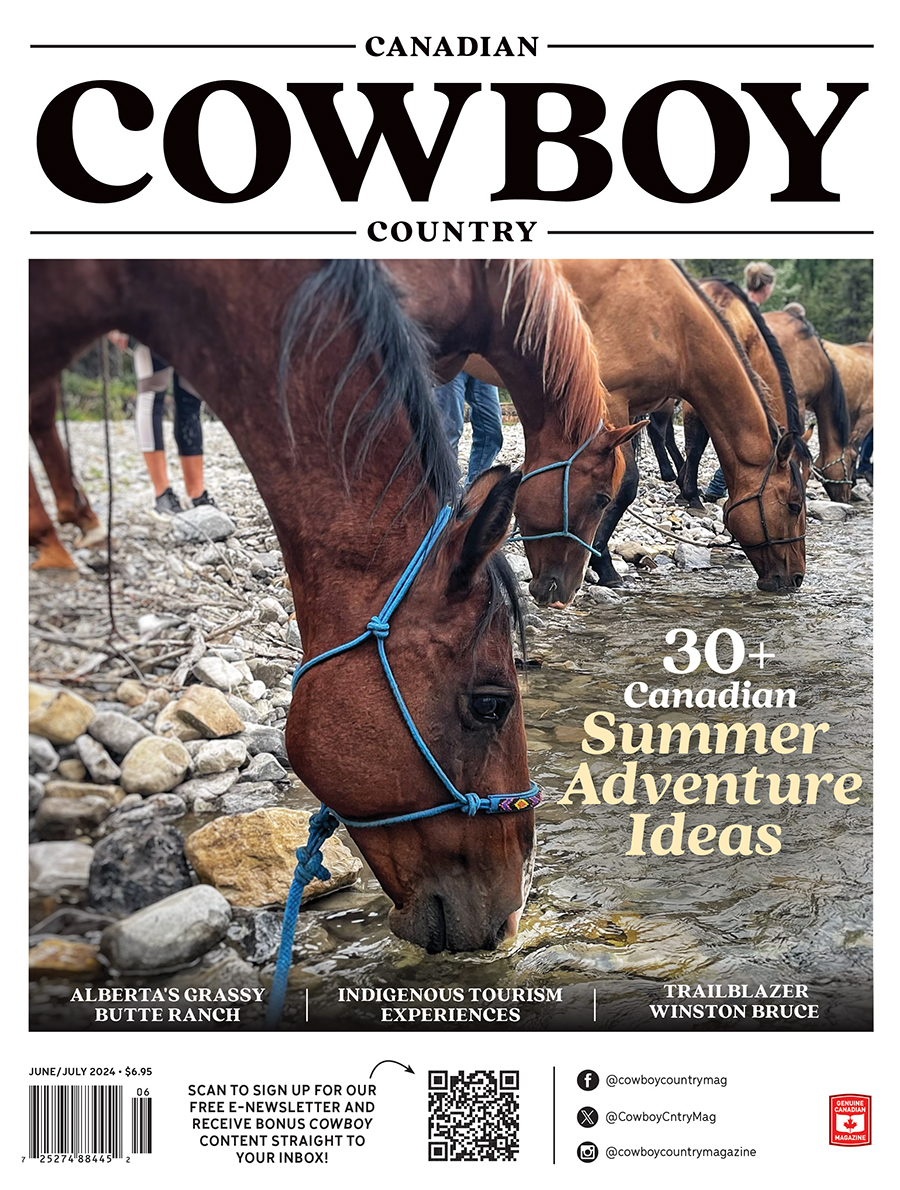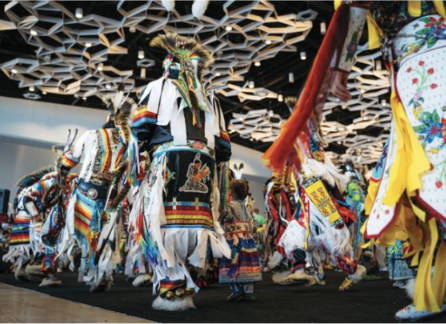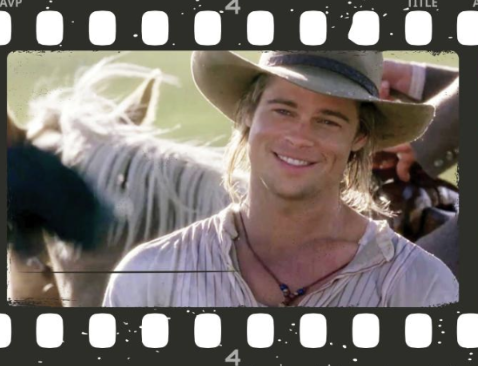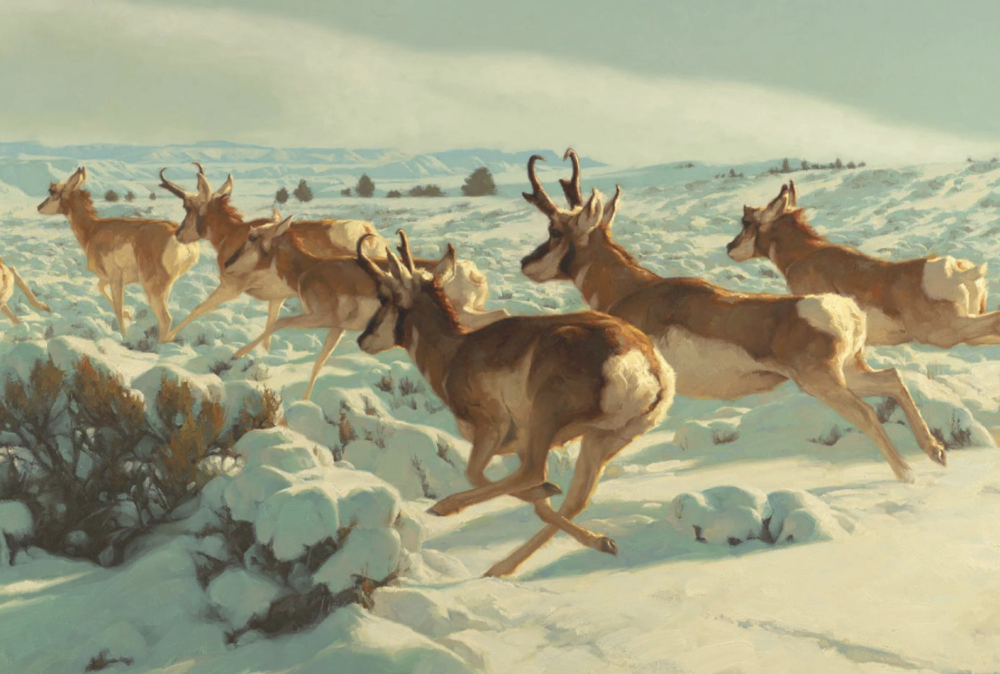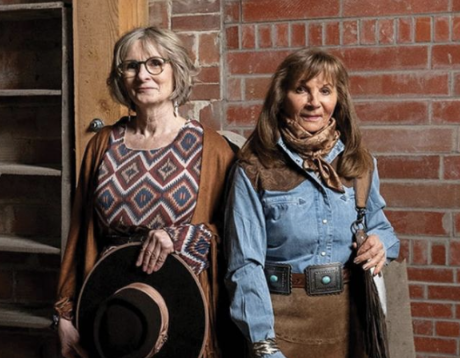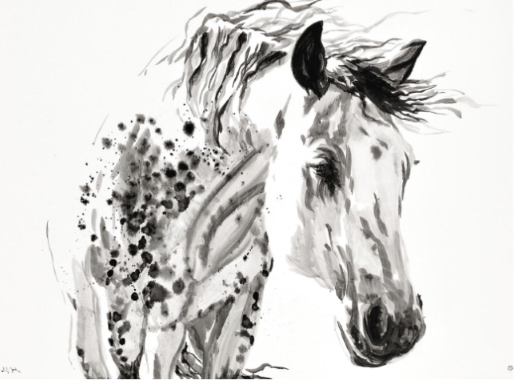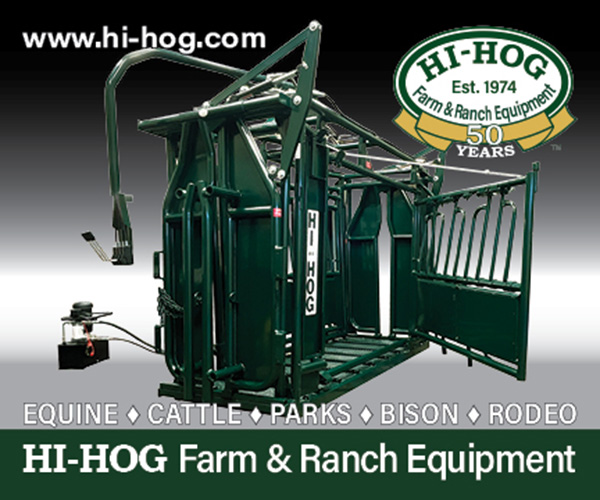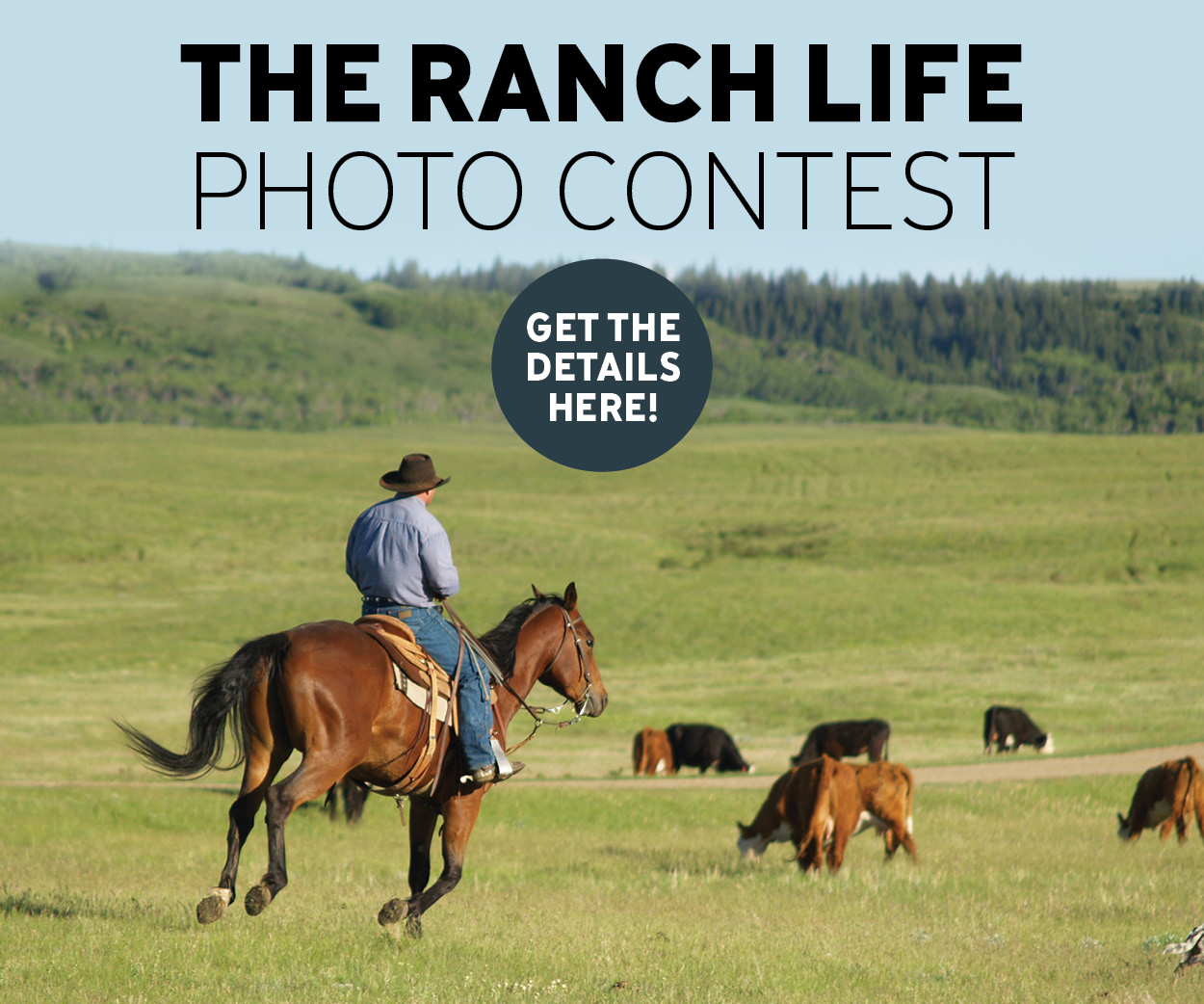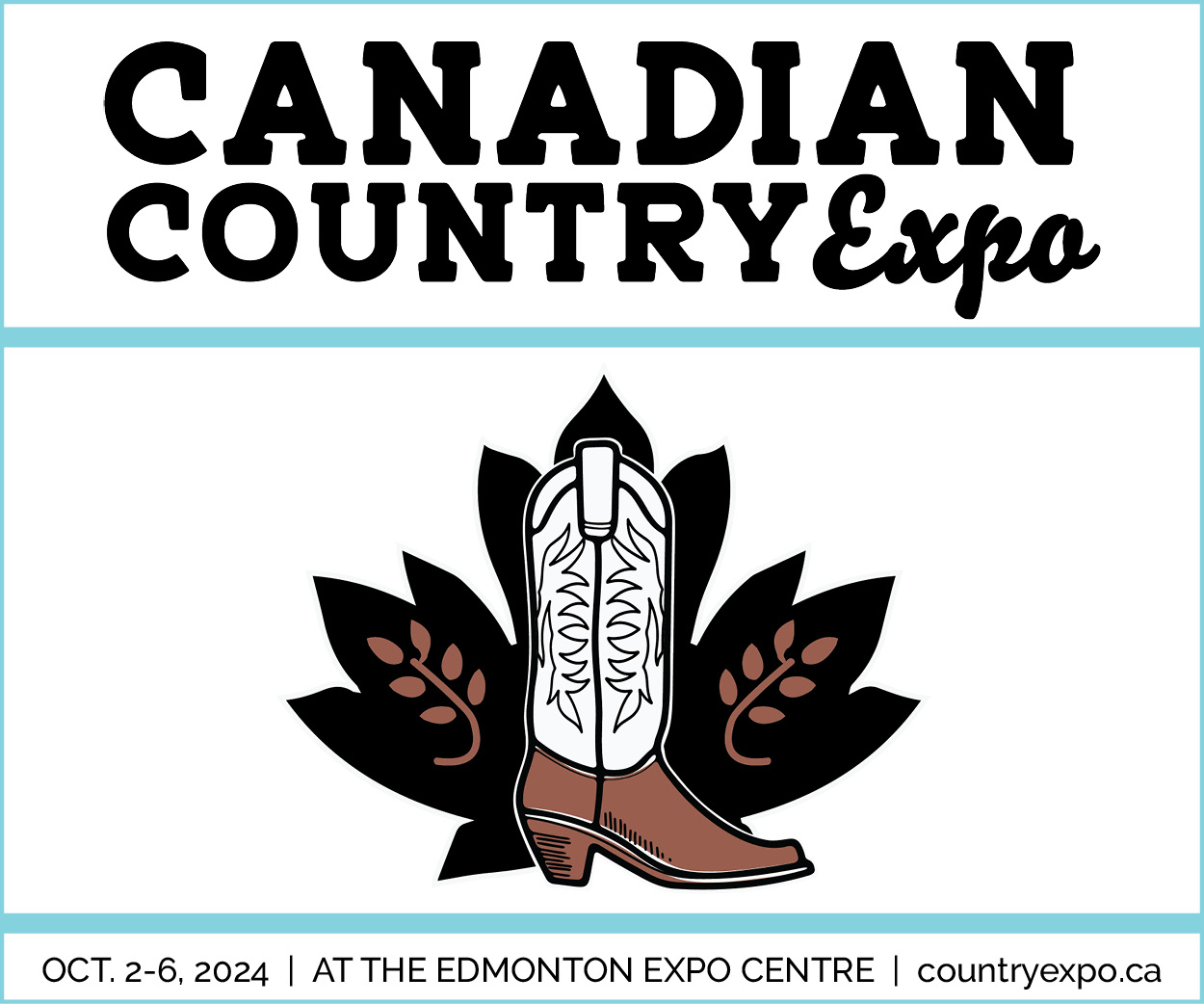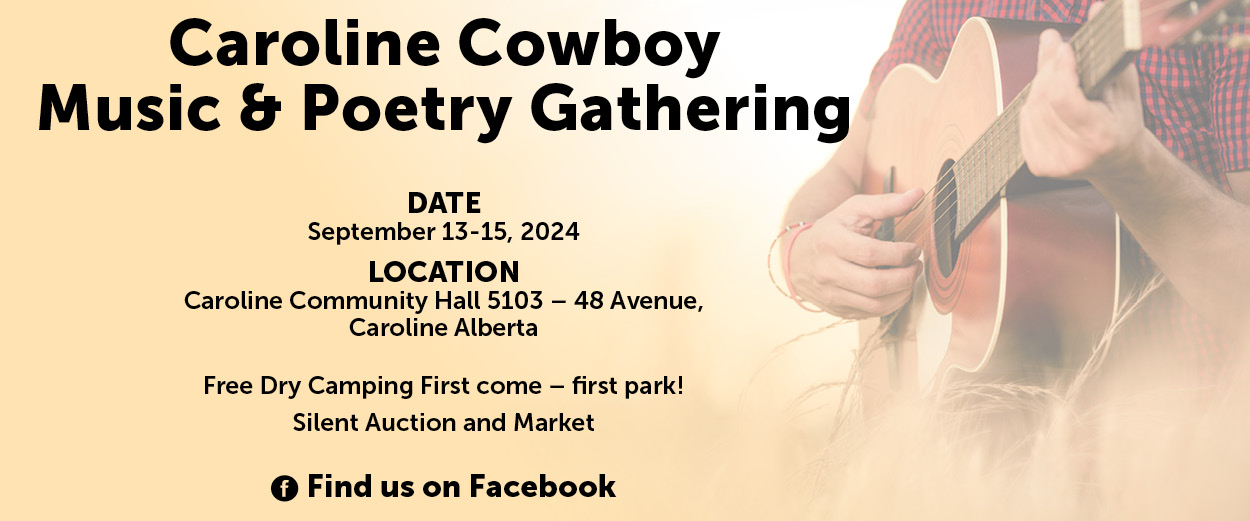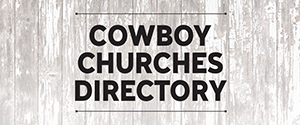Ranch Life in the Back of Beyond
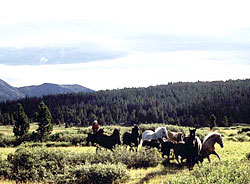 |
|
Knee-deep in grass, the Dorseys’ pack and saddle horses graze the lush Rainbow Mountain meadows |
“Camp is just over that ridge – we’ll be there in a couple of hours,” Leslie Dorsey indicated with a wave of her hand. From the trail, we could see the rugged saw tooth Coast Mountains and the red-streaked peaks of the Rainbow Range just to the north. Camp was somewhere in the wide expansive valley below.
Having recently graduated from high school, Leslie is a fourth generation horse packer and guide in the Rainbows for their family outfit, Rainbow Outfitters of Anahim Lake, B.C.
“My great grandfathers were Lester Dorsey, who rode into these mountains from Twisp, Washington in 1922, and the Chilcotin chief Thomas Squinas. They horse packed and guided for the Hudson’s Bay Company, for government surveyors and for big game hunters as well.”
Leslie grew up around horses and was literally riding into the mountains before she could walk. As a one-year-old, she was in hunting camp for the entire season sitting up front on her mother’s saddle when they had to move camp. Joyce Dorsey, Leslie’s mother remembers that it was challenging to cook for hunters and care for a toddler in diapers at the same time. Leslie was riding into the Rainbows on her own horse when she was six and she had to learn the first rule of the Chilcotin; this is bear country and precautions are necessary. A grizzly bear came close to camp and her dad Dave Dorsey Jr., drove it off while Joyce checked on the picketed horses. Leslie was left in camp and fearing the bear was near, climbed into some pack boxes and pulled a tarp over top. “I had to learn to be resourceful,” she says with a smile.
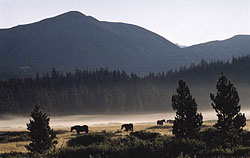 |
|
Lesley jingles the pack and saddle horses in the early morning at Lester’s Camp deep in the Rainbow Mountains |
She learned to throw a diamond hitch by standing on a stump to see over the horse’s pack and learned to make up loads of duffle the way other youngsters learn street hockey or baseball. In the fall hunting camps, Leslie packed the moose quarters and racks from the bush back to the main camps for the hunters and as David Dorsey Jr. explains, “We live a pretty nomadic life in the summer and are rather isolated in the winter at the ranch. Kids growing up like this have to deal with not having lots of other kids around to play with.”
The Dorsey’s summer operations are centred on guiding and supporting deep wilderness hikers as well as guiding trail riders into the Rainbows. With the fall comes moose hunting season and Leslie cooks in a spike camp for the hunters and takes care of the horses. When the snow comes early, there are frosty, dark mornings spent cooking on a campfire, warming up fingers cold from undoing frozen horse hobbles.
“It is a different kind of education out here than most city kids would experience,” she explains. “I learned packing from my dad and cooking from my mom and tracking from my grandmother Jean Dorsey, so I pretty well know which way the trails run in the Rainbows,” she adds.
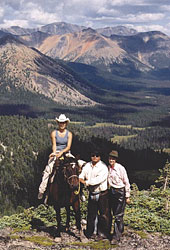 |
|
Lesley, with her parents David and Joyce Dorsey appear on top of the world overlooking the Rainbow Mountains |
Leslie is also adept at packing a Chilcotin wagon used for taking supplies into hunting camp. Chilcotin wagons were a traditional form of travel before pickup trucks became common and were often built on car axles with a wooden deck and box and large rubber tires. When it gets down to minus 30 or 40 degrees with a crust of snow on the ground, David still has to hitch up their team of Clydesdales to either a sleigh or a Chilcotin wagon to get out to the road nearest to their ranch.
In the winter, a major use of the team involves hauling firewood and hauling logs for fence building. There are benefits to this way of life as Leslie points out. “People learn how to make do and fix things themselves in conditions that lead one into less complex ways of living than in the city. Like it says on the local store wall: If we ain’t got it, you don’t need it!”
Her desire to live on the frontier between the ranch country and the mountains she attributes to her great grandfather Lester Dorsey. He started seven ranches during his life and every time that a road got too close, he would move on to newer ground, always further away from town. This of course did not make the cattle business easier for the Dorsey family. As thunder rumbled in the distance one evening in camp, Leslie explained that getting the cattle to market in Williams Lake back then was a serious chore. Up until the 1940s, all the cattle had to be herded to the stockyards and that took twenty-eight days from the Dorsey ranch.
If it happened to be a wet fall then you were camping in west coast rain for a month.
Horses were essential for Leslie getting to the school bus, especially during spring thaw. She would go by horseback from their ranch to the gravel road where the bus would pick her up and after school, Joyce would meet her with horses to go back home. When that became impractical it was off to Williams Lake or Bella Coola to live in the school dormitories, a hardship faced by many people who live on isolated ranches in the Chilcotin. Leslie attributes her sense of independence to that way of living.
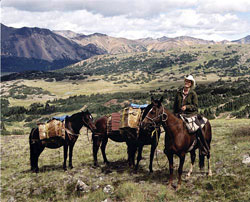 |
|
Lesley and her pack string heading into camp in the Rainbow Mountains |
As the Dorsey family carries on with their semi-nomadic way of life it is obvious that Leslie is an integral part of their ranching operation. Things are always changing however, and she knows that to keep up with shifting conditions in the ranching business training is required, so she has enrolled in Cariboo College’s business management program.
“Not as many people live the bush life with their horses anymore,” she says, “It is a demanding lifestyle and there is a lot of hard work involved to be successful, but I like it and I know I will always come back to it.”
Perhaps Leslie has a sense of being caught between two worlds, or maybe she has a sense that she was born a little too late. Perhaps in time, the age-old way of life the Dorseys enjoy may no longer even exist. But I was thinking one evening as the sun set on the Rainbows and I watched the Dorseys’ horses grazing near one of Lester’s old camps, that those of us that can taste their way of living are much richer in spirit for the experience.
Daryl Drew is a history teacher and PhD candidate who spends his summers on pack trips in the mountains. Daryl and his wife, Bergetta, raise sport horses on the West Coast.


